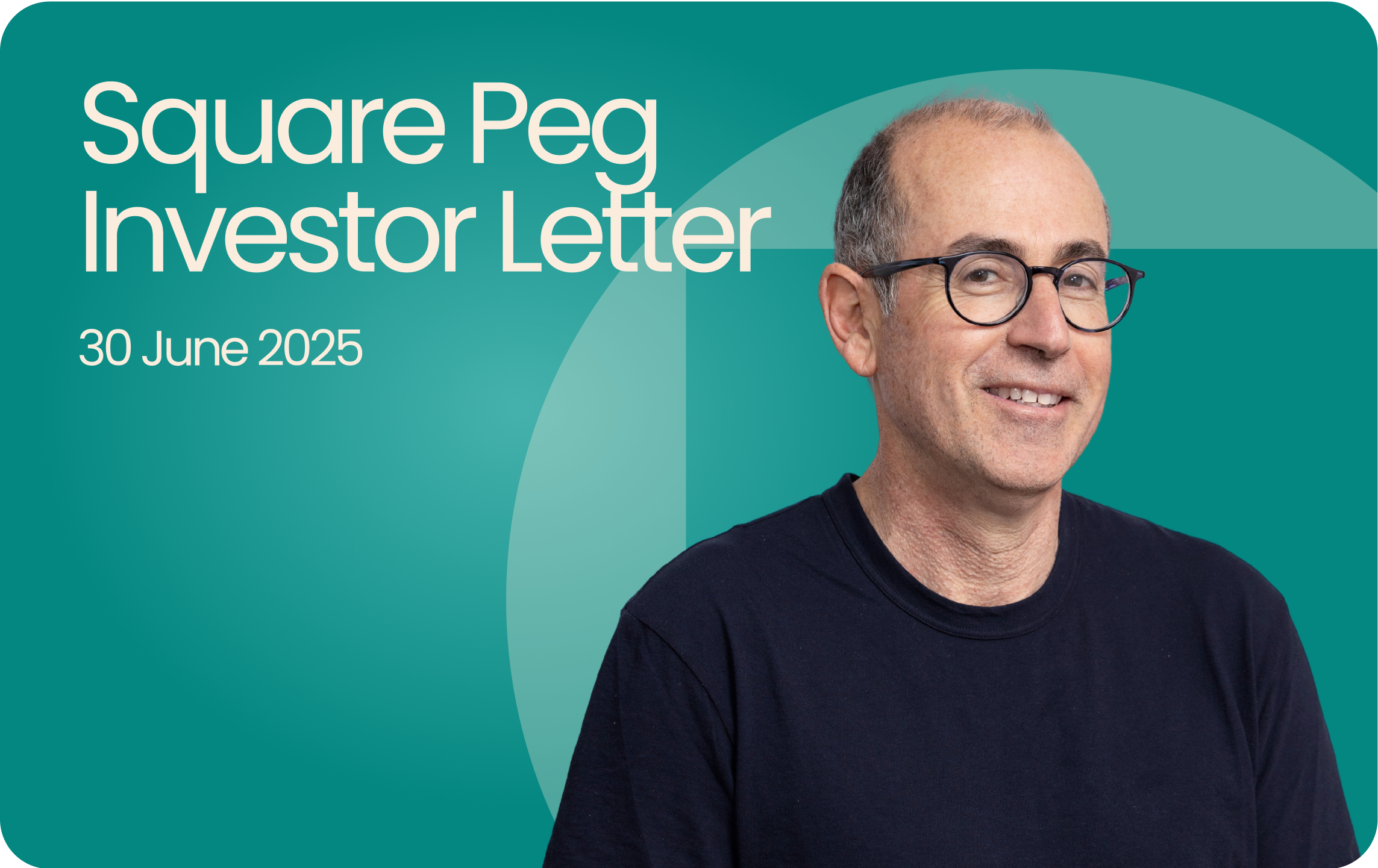It is a great moment in time to be a part of Australia’s startup community. There has never been a better time to start a company here. Collectively, we need to ensure that opportunity is wide open to those who seek it and that the startup community reflects the dynamism and diversity of the wider population.
Today we are launching the first version of a Model Code of Conduct for the Australian Startup Community (Code).
Blackbird Ventures, Startmate, Airtree Ventures, Square Peg Capital, Rampersand and Blue Sky Venture Capital have been working closely to draft this Code in collaboration with a San Francisco-based Diversity & Inclusion expert.
As of today, we have all adopted the Code, and invite others in the Australian startup community to do the same.
This is just a starting point. We hope to version it over time and improve on it with the input of others in the community.
Why do we need a Model Code of Conduct?
We know that a code of conduct does not by itself ensure a healthy culture. But we do believe that a code of conduct has a role to play in creating a welcoming and inclusive environment for marginalised groups.
It is useful because it clearly articulates to all members of an organisation or community what standards of behaviour are expected.
Being part of an organisation, event or community is a privilege, giving you access to valuable advice, network and capital. But with that privilege comes a responsibility to behave appropriately to others in the community. We think there is value in specifying exactly what those responsibilities are.
Many people from minority groups have been victims of the behaviour listed in the Code. Seeing it spelled out sends a strong signal that they are welcome and safe in your organisation or community.
We have created the Code because it is essential for organisations to have clear processes something goes wrong, so no one finds themselves out of their depth and without any guidance. When you don’t know what to do, you may do nothing. This is the danger the Code protects against.
Where so much of our professional lives bleed into our personal lives, there is much room for error. We acknowledge that, in the majority of cases, errors of judgement are often matters of degree. We hope this Code encourages all of us to reflect more deeply and maintain a greater sense of awareness for how our actions may impact or be perceived by others.
What this Code says
This Code is designed to apply to a variety of organisations from venture capital funds and accelerators through to startups, co-working spaces and conferences.
It covers online and offline interactions.
The Code is intended to apply broadly to everyone associated with the organisation, including, but certainly not limited to, employees.
This is important because many interactions in the startup community occur in situations where the traditional protections of employment law are not applicable. For example, situations between tenants in a co-working space, between a mentor and mentee in an accelerator, or between attendees at a conference or meetup.
This Code is designed to fill those gaps.
This Code clarifies what a sexual advance is and when it is considered unacceptable. It calls on people to consider whether they exert power over another person, and if so, whether their behaviour might be considered an advance that should be avoided.
However, the Code is not just about sexual harassment.
It is also about offensive language. It is about how sexualised environments can be allowed to form that are in themselves harmful. It is about how these environments can also increase the probability that an act of harassment or assault may occur.
The Code is not merely aspirational. It sets out how reports can be made and what actions may be taken.
Importantly, it does not set out a framework for mandatory reporting.
It is worth explaining why. Although at face value mandatory reporting has merit as a tool to discourage bad behaviour, in reality, it results in creating a less safe environment. Marginalised people are less likely to report when they do not feel they have control over the outcome. Ultimately, people need to use their own judgement to decide when to report something.
Why it’s important to Square Peg to adopt the Code
There is no excuse for sexual harassment. Not now, not ever.
As startup founders, investors, advisors and now venture capitalists, our experience teaches us that the best businesses are built by diverse teams, brimming with creatively talented and technically excellent people doing their best work.
For an ecosystem to thrive, seamless interactions that supercharge the goal of people doing their best work is similarly necessary.
Outstanding work does not happen where harassment of any kind happens.
With the creation and adoption of this Code, we are proud to reaffirm our commitment to building safe and healthy communities that are diverse and inclusive. We hope all organisations adopt the code.
Thank you for reading this. We look forward to working with you to help build our community stronger.

.svg)


